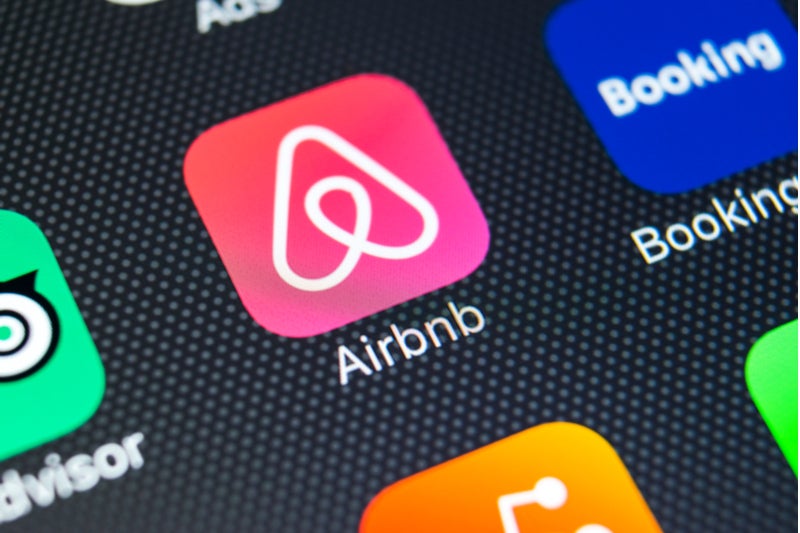Airbnb, a home rental company, will likely go public next year in the US, but how it will do so remains to be seen. Looking at the evidence, a direct listing makes more sense than a traditional initial public offering (IPO).
Direct listing avoids hefty fees and dilution of shares
The California-based company is currently valued at around $38bn and it remains to be seen what the share price would be at the point of listing. By opting for a direct listing over an IPO, Airbnb would not need to issue any new shares and would, therefore, avoid dilution of the share price. This is also likely to appeal to investors and speaks in favour of a direct listing.
IPOs require a great deal of involvement from investment banks and that kind of input certainly doesn’t come cheap. Airbnb is likely to be one of the biggest listings of 2020 and that means these fees would likely be tens of millions of dollars.
A direct listing would avoid such underwriting fees, making the process cheaper for Airbnb, which would instead sell shares directly to the public. Both Slack and Spotify, two other tech startups, have used this approach in recent years so it hardly represents a step into the unknown.
Airbnb differs from this year’s class of unicorns
IPOs have been a hot topic this year with headliners such as Uber, Lyft and Peloton all making public debuts and failing to live up to expectations.
The debacle over the aborted floatation of WeWork compounded what had already been a bad year for US unicorns.
How well do you really know your competitors?
Access the most comprehensive Company Profiles on the market, powered by GlobalData. Save hours of research. Gain competitive edge.

Thank you!
Your download email will arrive shortly
Not ready to buy yet? Download a free sample
We are confident about the unique quality of our Company Profiles. However, we want you to make the most beneficial decision for your business, so we offer a free sample that you can download by submitting the below form
By GlobalDataAll of these companies are loss-making entities with losses running into hundreds of millions of dollars. This is where Airbnb differs. The accommodation-sharing startup reported an unspecified profit in 2018, its second straight year in the black after reporting $93 million profit in 2017. Companies looking to float typically need to demonstrate rapid revenue growth and if they can, investors will usually overlook losses, at least in the short term.
Airbnb is profitable and is also growing rapidly, registering 40% revenue growth in 2018, according to Reuters. It, therefore, ticks two boxes that investors love. This, in theory, should mean the company needs less prospecting to attract investment.
Airbnb enjoys strong brand recognition, even among those who have not personally stayed in a property listed on the company’s site. This means the company won’t need to tell its story to generate interest – the story is already widely known, reducing the need for the buzz-generating roadshows typically seen during the listing process.










Related Company Profiles
Airbnb Inc
Reuters
Uber Inc
Lyft Inc
SLACK Incorporated